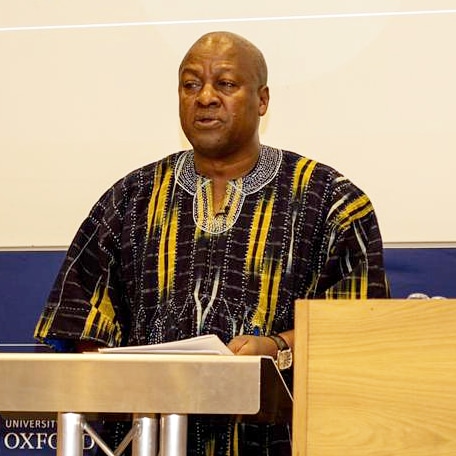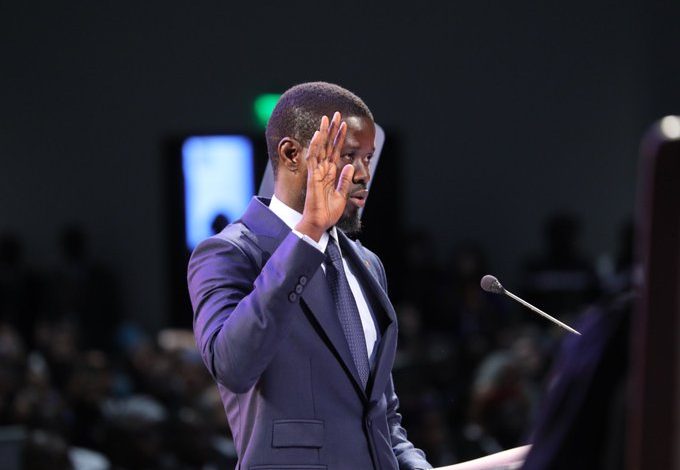A 7.8-magnitude earthquake hit Turkey and Syria early on Monday, killing hundreds of people as they slept, levelling buildings, and sending tremors that were felt as far away as the Island of Cyprus and Egypt.
One of the largest to strike Turkey in at least a century wiped out entire sections of major cities in a region filled with millions of people who have fled the civil war in Syria and other conflicts.
The head of Syria’s National Earthquake Centre, Raed Ahmed, told pro-government radio that this was “historically, the biggest earthquake recorded in the history of the centre”.
At least 245 people died in government-controlled parts of Syria, as well as the northern areas held by pro-Turkish factions, according to the health ministry and a local hospital.
At least 284 people died in Turkey, Vice President Fuat Oktay said on Monday, adding that more than 2,300 people had been injured and that search and rescue work was continuing in several major cities.
The rescue was being hampered by a winter blizzard that covered major roads in ice and snow.
Television images showed shocked people in Turkey standing in the snow in their pyjamas, watching rescuers dig through the debris of damaged homes.
– Election test for Erdogan –
The quake struck at 04:17 am local time (0117 GMT) at a depth of about 17.9 kilometres (11 miles) near the Turkish city of Gaziantep, which is home to around two million people, the US Geological Survey said.
Turkey’s AFAD emergencies service centre put the first quake’s magnitude at 7.4, adding that it was followed by more than 40 aftershocks.
Turkish President Recep Tayyip Erdogan, who will be under intense pressure to oversee an effective response to the disaster heading to a tightly-contested May 14 election, conveyed his sympathies and urged national unity.
“We hope that we will get through this disaster together as soon as possible and with the least damage,” the Turkish leader tweeted.
US National Security Advisor Jake Sullivan said Washington was “profoundly concerned”.
“We stand ready to provide any and all needed assistance,” Sullivan said.
The earthquake struck a restive, predominantly Kurdish area of Turkey near Syria, a country gripped by more than a decade of violence that has killed hundreds of thousands and displaced millions.
– ‘People under rubble’ –
Images on Turkish television showed rescuers digging through the rubble of levelled buildings in the city of Kahramanmaras and neighbouring Gaziantep, where entire sections of cities were destroyed.
A fire lit up the night sky in one image from Kahramanmaras, although its origin remained unclear.
Buildings also crumbled in the cities of Adiyaman, Malatya and Diyarbakir, where AFP reporters saw panicked people rush out on the street.
Kahramanmaras Governor Omer Faruk Coskun said it was too early to estimate the death toll because so many buildings were destroyed.
“It is not possible to give the number of dead and injured at the moment because so many buildings have been destroyed,” Coskun said. “The damage is serious.”
A famous mosque dating back to the 13th century partially collapsed in the province of Maltaya, where a 14-story building with 28 apartments also collapsed.
In other cities, anguished rescuers struggled to reach survivors trapped under the debris.
“We hear voices here — and over there, too,” one rescuer was overheard as saying on NTV television in front of a flattened building in the city of Diyarbakir.
“There may be 200 people under the rubble.”
– Dam warning –
The Syrian health ministry reported damage across the provinces of Aleppo, Latakia, Hama and Tartus, where Russia is leasing a naval facility.
AFP correspondents in northern Syria said terrified residents ran out of their homes after the ground shook.
Even before the tragedy, buildings in Aleppo, Syria’s pre-war commercial hub, often collapsed due to the dilapidated infrastructure after more than a decade of war as well as little oversight to ensure safety of new construction projects, some built illegally.
Naci Gorur, an earthquake expert with Turkey’s Academy of Sciences, urged local officials to immediately check the region’s dams for cracks to avert potentially catastrophic flooding.
Turkey is in one of the world’s most active earthquake zones.

 News6 years ago
News6 years ago
 Featured6 years ago
Featured6 years ago
 Boss Picks6 years ago
Boss Picks6 years ago
 Headline6 years ago
Headline6 years ago
 Headline6 years ago
Headline6 years ago
 Headline5 years ago
Headline5 years ago
 Headline6 years ago
Headline6 years ago
 Headline6 years ago
Headline6 years ago













